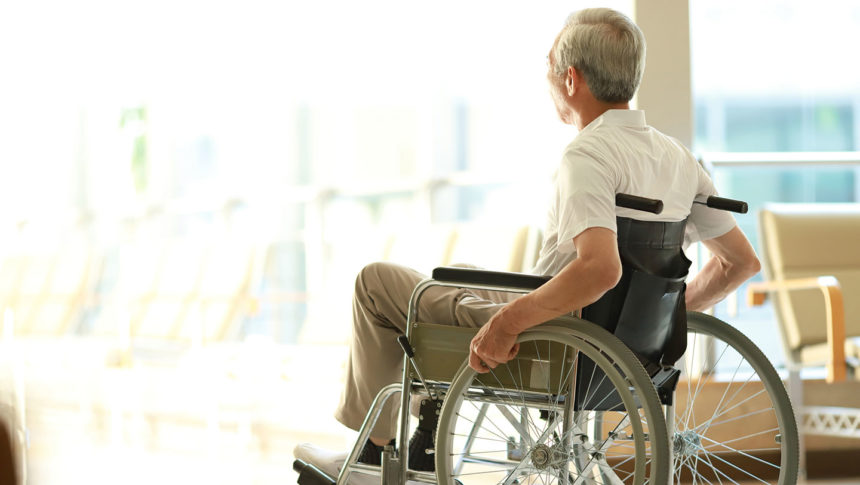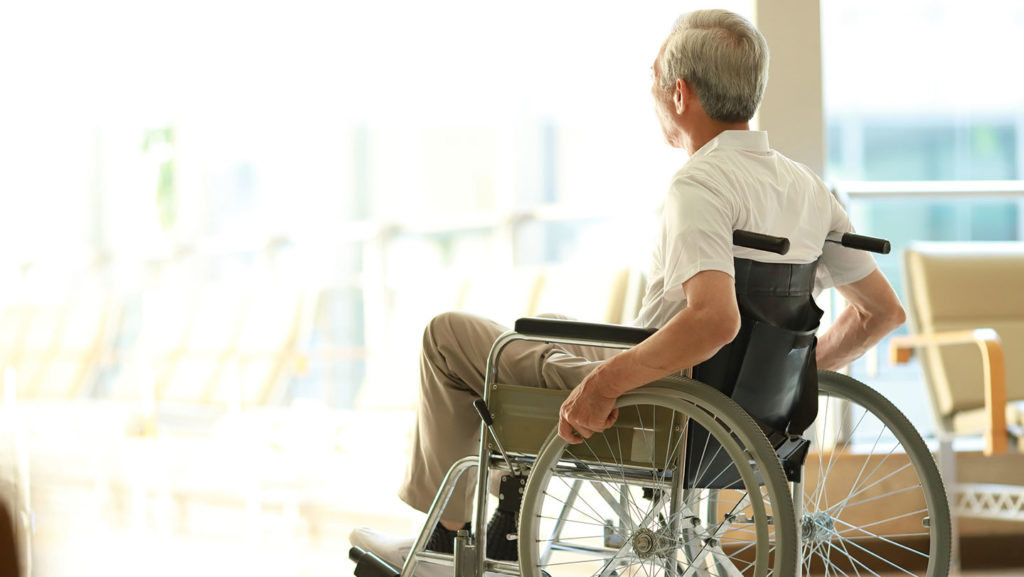

Nursing homes’ initial lockdown during the first months of the COVID-19 pandemic did not result in “clinically relevant negative effects” on residents’ mood, behavior, social and cognitive functions, according to new Dutch research. Investigators said that caregivers’ efforts may have been a big difference at the group level.
Researchers’ core findings contradict other investigations from around the world that found that the strain of the COVID-19 lockdown has taken a severe toll on residents’ social well-being.
The new findings were published last week in the Journal of Post-Acute and Long-Term Care Medicine by researchers with the Amsterdam University Medical Centers and Public Health Research Institute.
The investigators specifically explored the effects of the country’s first COVID-19 lockdown, from March through May 2020, on long-term care residents. They conducted more than 5,600 self-reported assessments of 2,685 residents in 42 facilities from before and after the lockdown.
About 17% of residents self-reported feelings of withdrawal prior to the lockdown, while it increased to 19.2% following the first lockdown. Just more than 19.1% of residents reported feelings of loneliness prior to the lockdown, while 20.5% reported it afterwards.
Self-reported conflicts with other residents decreased from 27.2% to 25.2% among residents from before and after the first lockdown period.
Researchers acknowledged their findings differ from the findings of earlier studies, which showed an increase in loneliness, worsening mood states and negative behavior symptoms severely affecting quality of life and well-being. Possible explanations could be the amount of variation between individuals and facilities and over-reporting of negative effects in a small number of residents, the Dutch team said.
“These factors may have led to selection and perception bias in earlier studies based on interviews and surveys with family and staff, especially when the focus of these studies were the negative effects of the lockdown,” investigators wrote.
“We did not find clinically relevant negative effects of the lockdown on mood, behavior, social and cognitive functioning in residents of LTCFs at the group level,” they concluded. “Care professionals described a great amount of individual variation in the effect of the lockdown. Possibly, the efforts of care staff mitigated the effect of the lockdown at the group level.”





